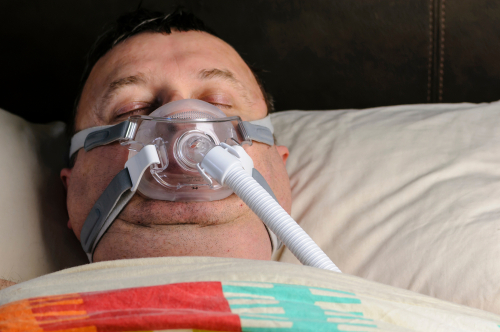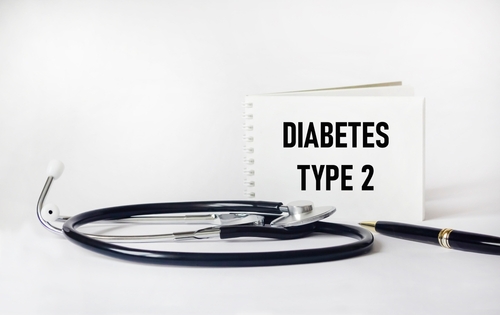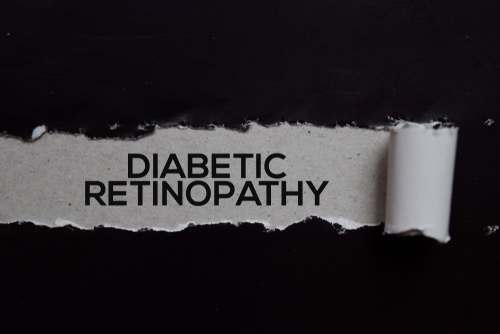
New findings from the SURMOUNT-OSA study show that the use of tirzepatide in patients with obstructive sleep apnea (OSA) and obesity improves both OSA severity and metabolic issues. The results were presented today as a Late-Breaking Symposium at the 84th Scientific Sessions of the American Diabetes Association and simultaneously published in the New England Journal of Medicine (NEJM).
Continuous positive airway pressure (CPAP) devices are traditionally used to treat OSA, a condition that affects over 30 million adults in the United States alone. While this treatment helps OSA, it fails to address obesity. SURMOUNT-OSA assessed tirzepatide, a novel treatment targeting both conditions.
In 2 randomized, double-blind, placebo-controlled trials, researchers analyzed 469 individuals with moderate-to-severe OSA and obesity. Study 1 comprised patients either unable or unwilling to use PAP therapy, and study 2 consisted of patients on PAP therapy at baseline. The primary end point of interest was defined as a change in the apnea-hypopnea index (AHI), which measures OSA severity. Secondary outcomes of interest included change in sleep apnea-specific hypoxic burden, cardiovascular risk (CV) factors (changes in body weight, systolic blood pressure, and inflammation), and changes in patient-reported sleep troubles.
According to the results, patients who took tirzepatide experienced a notable decrease in AHI compared with those treated with placebo, suggesting an improvement in sleep disordered breathing. Researchers also observed notable changes in CV risk factors, including reductions in body weight (18% in study 1; 20% in study 2) and improvements in systolic blood pressure (−9.6 in study 1; −7.6 in study 2).
“The results of the study have demonstrated the ability of tirzepatide to address both obesity and sleep apnea, offering an effective and comprehensive treatment solution,” said Atul Malhotra, MD, a professor of medicine at the University of California, San Diego, School of Medicine, director of sleep medicine at UC San Diego Health, and the study’s principal investigator and lead author of the NEJM article, via a press release. “Its potential to be used alongside or independently of CPAP could revolutionize how we manage these interconnected conditions. These findings show the potential for the first highly effective drug treatment for sleep apnea.”







 © 2025 Mashup Media, LLC, a Formedics Property. All Rights Reserved.
© 2025 Mashup Media, LLC, a Formedics Property. All Rights Reserved.